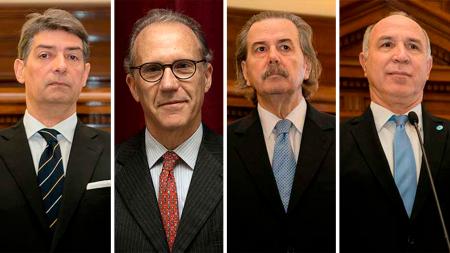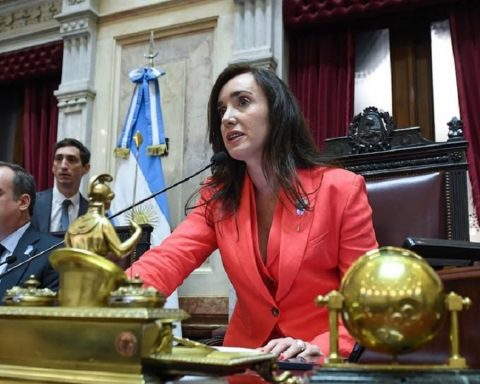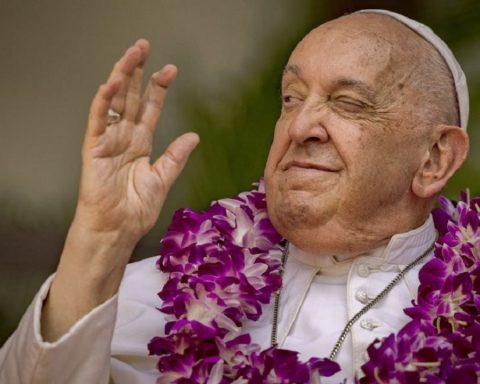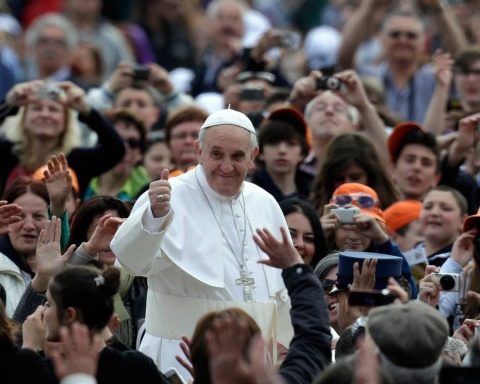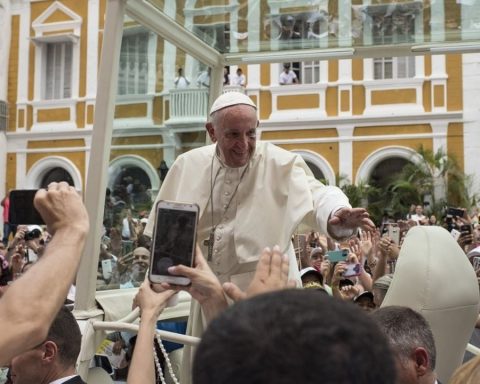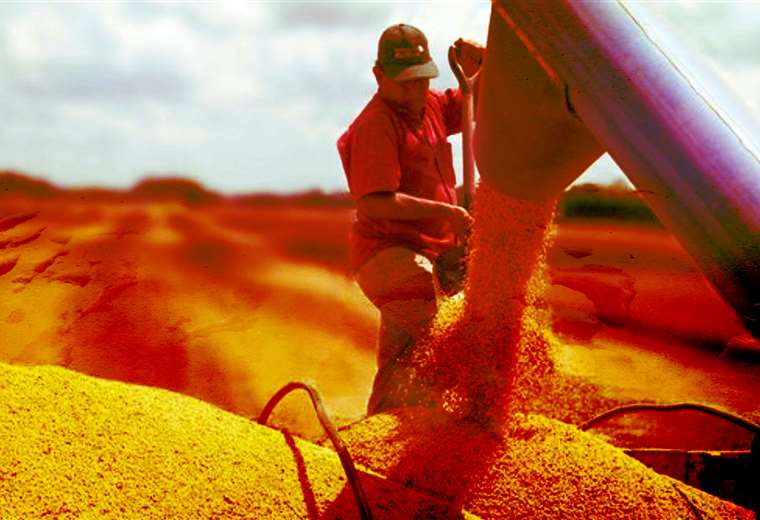
Daniel Erbetta, Minister of the Supreme Court of Justice of Santa Fequestioned this Thursday that in the sentence of the highest federal court on the demand for co-participation of the Autonomous City of Buenos Aires (CABA) when considering that It is a ruling that “has a weak point” because the magistrates modified “a calculation of the co-participation coefficient without giving an account of what the criteria are” applied to reach the established percentage.
“Making an estimate of 2.95% at least, and this is a personal opinion, would merit in a judicial sentence that there be a foundation. The sentences are acts of government and, as such, they have to be motivated and justified; there is a weak point”, said Erbetta in dialogue with Télam.
Along these lines, the magistrate from Santa Fe, who As of next January 1, he will be the president of the highest provincial court, He maintained that “a sentence that is not properly motivated leaves a hole quite open.”
Erbetta referred to it like this to the decision of the Supreme Court of Justice of the Nation that ordered the Government to implement an increase in the co-participating mass of CABA, which means an annual increase of about $200,000 million for that district.
In his analysis, the magistrate highlighted that “the problem is that, through the precautionary measure, the Court is anticipating a part of the solution to the merits of the matter because, ultimately, without declaring the invalidity of the law and the decree questioned in the main lawsuit, by way of a precautionary measure, ends up suspending the effects of that law and that decree”.
“CABA has a higher per capita income than Barcelona or Madrid, so the precautionary measure does not seem very justified from the perspective of a danger in the delay.”
Thus, he considered that “To some extent, it is considered almost as a kind of quasi-anticipated sentence” and stressed that “this has its risks.”
For Erbetta, “protecting a law of Congress, when that law can be translated into a monetary obligation, is a subject that, to say the least, is quite innovative.”
The ruling for the co-participation in Santa Fe
The jurist compared the case of CABA with the ruling that in 2015 favored the province of Santa Fe in a lawsuit for co-participating funds to the Nation.
He said the recent ruling “implies a change in the criteria of the Court”because “in the Santa Fe case, which sued the Nation for the co-participation issue in 2009 and requested a precautionary measure, but the Court never gave it to them.”
“And he only resolved the lawsuit in 2015, and in the resolution of the fund he did not even order to pay, but rather provided a term of 120 days for Nación and Santa Fe to agree,” he recalled.
That controversy was not resolved during the government of Mauricio Macri, who ignored compliance with the sentence, “and, finally, Santa Fe ended up closing that lawsuit only in this year 2022, through bonds. Which are the same ones that are being offered to CABA,” Erbetta said.
In addition, the magistrate of the high court pointed out that, in matters of federative law, “There is a duty, of federal loyalty, that in general the financially more powerful districts must help the weaker districts, under certain limits.”
In this sense, he recalled that “CABA is a district that has a budget, I think, that is greater than the entire province of Santa Fe, and that has a per capita income greater than that of Barcelona or Madrid, so that The precautionary measure does not seem very justified from the perspective of a danger in the delay”.
“Here we were talking about the fact that this duty has been reversed, because we are talking about a district that does not have soybeans, does not have a field, does not have lithium or gas, It has the cheapest taxes and rates in the country, the cheapest services in the country, it has a national justice that does not pay, and the best paid police in the country,” the minister of the highest court in Santa Fe added in dialogue with Télam.
The lawyer also questioned compliance with the requirements that must be verified for the granting of a precautionary measure, which are the appearance of good law, the existence of danger in the delay (that is, that irreparable damage occurs if an precautionary measure), proportionality and contracautela.
“Here I think there is also a weak point,” Erbetta said and completed: “If I am asking for an early measure, I have to give the guarantee that, if I lose the trial tomorrow, if in this case it was CABA, I have to give a counter-guarantee how am I going to give back what I can eventually receive”.
In addition, he indicated that “the sentence has some problems”, among them precisely that “there is no counter-injunction”.
On the other hand, it warned that “the danger in the delay does not appear justified for two reasons”, one of them because “it is difficult to argue it when the court itself had two and a half years without resolving the precautionary measure” and, another, because “it did not there is a danger in the delay because there is talk of a percentage, of 0.6 established by the Court, with respect to the richest district of the Argentine Republic”.
With these arguments, the minister of the Supreme Court of Santa Fe opined, in a personal capacity, that “it would have been more recommendable that the Court in these two and a half years resolve the merits of the matter, and not take a measure of this type through of a precautionary measure that will generate many inconveniences”.
“If the city of Buenos Aires does not accept payment with bonds, the (national) Executive Branch has a problem because it has to reallocate budget items”. Erbetta argued.
At this point, he considered that, “although there are techniques in this regard, in general the correct thing for a budget execution unit problem would be for this to go through Congress.”
“Even when this reassignment of items is not taken from the co-participating quota, it will come from other national items that can well be invested in Argentine territory through routes, gas pipelines, in other possibilities,” he said.
For this reason, he insisted that what was ruled by the Supreme Court of Justice of the Naicón configures “a rather complex situation and, in legal terms, highly debatable.”
